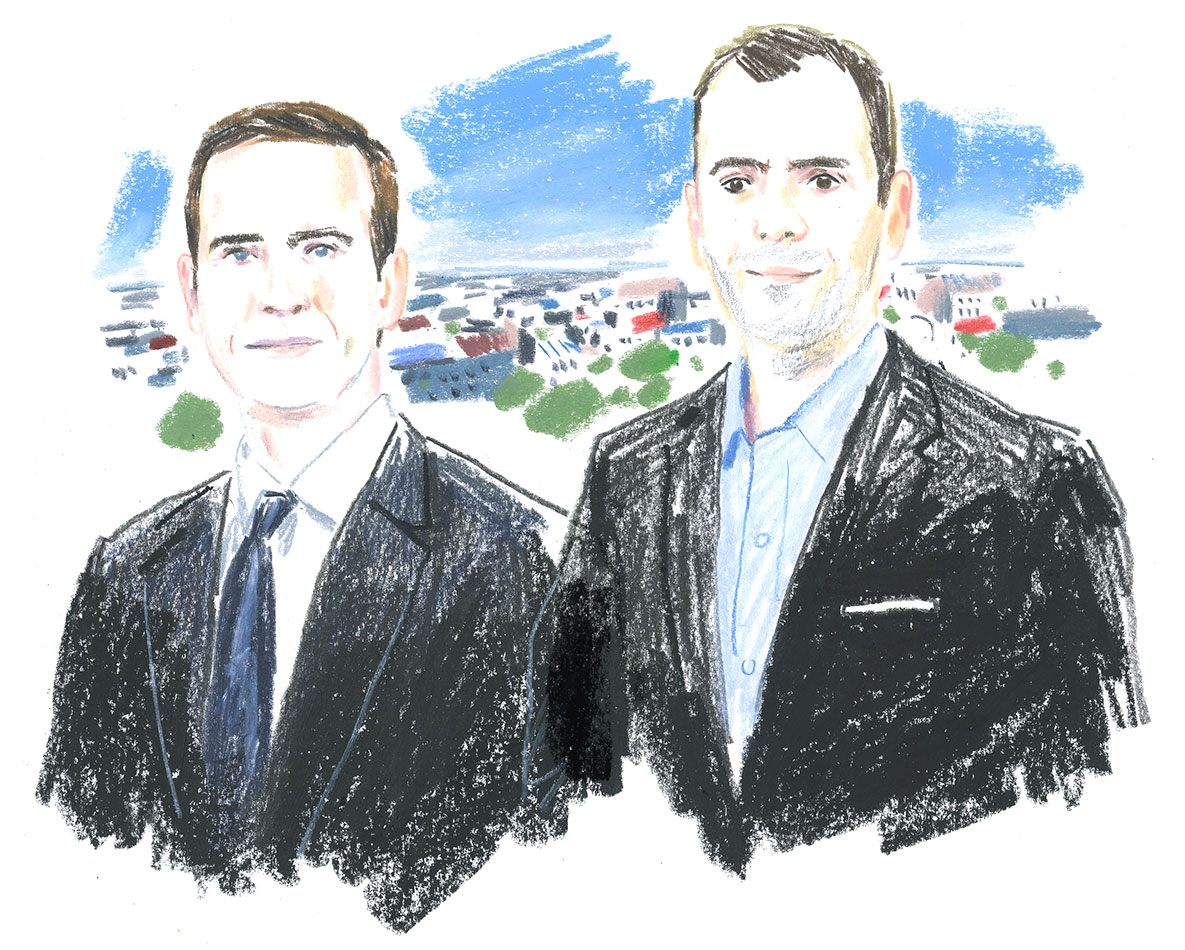With:
Mark Brenke, Head of Ardian Private Debt
Juan Campos, Partner and Head of Capital Markets, Hg

Ardian’s relationship with Hg, a leading European investor in software and services, illustrates how the European financing landscape is evolving
Mark Brenke:
We have been supporting Hg’s European deals with private debt financing for about seven years now, although key members of our respective teams have known each other for more than 20 years. So there’s a strong level of trust – we’ve both seen how the other side responds to many different situations. With private debt fund finance that trust point is critical because our transactions are effectively bilateral relationships, where we provide the entire financing package.
Juan Campos:
We’re in a highly competitive market and we both answer to our LPs, so we have to find solutions that work for everyone. We put a lot of emphasis on transparency and doing the right thing. But there’s also a great alignment between Ardian’s strategy and ours in terms of the types of situation we focus on – subscription business software, for example – and the way both our activities have scaled over the past few years. Ardian’s growth in AUM is important because those who have the scale to provide all the finance we require stand out when the alternative is stitching a deal together with 15 counterparties.
Mark Brenke:
Private debt fund financing comes at a premium to bank lending, so Hg won’t take that route unless it makes sense for their returns. Ultimately, we have to support and accelerate their equity thesis, whether that’s acquisition-led growth or investment in organic growth, and in many cases private debt fund financing can do that because it brings greater flexibility. That’s where you see one of the benefits of a bilateral relationship – it’s a much less complex situation.
Juan Campos:
The reality is that we work with banks and private debt providers. People talk about fund finance disintermediating banks, but I don’t see it as disintermediation as much as differentiation. Not every situation is suited for bank funding. With some of our businesses it’s a question of their size, or we choose to capitalize a little deeper than a bank is willing to go, or we want certain flexibility or features, or we have short deadlines. There are gaps in the market that funds are filling, but equally banks will continue to pick their spots.
Mark Brenke:
There will continue to be situations where bank financing makes sense for every sponsor, especially in the large-cap market. But we believe bank competition in the European mid-market will continue to reduce. Europe is fundamentally over-banked and returns on equity are too low – if anything that’s being accentuated by the current situation, while the private debt market has performed well overall. That said, within the fund market, we believe the big, well-established players will get bigger and the smaller names with shorter track records will find it harder to raise follow-on funds.
Juan Campos:
We’re excited about the future for private debt fund finance. The growth drivers are strong and there is no material or discernible sign of them changing. Institutional investors will continue to seek out the return profile they can get in private markets, given the comparatively different risk adjusted returns available in some pockets of public markets, and the long-term growth of private equity assets will naturally create more opportunities for private debt providers. We see private debt fund finance going in one direction and, as it does so, we expect to see more sub-strategies, more specialization and more choice for sponsors.

